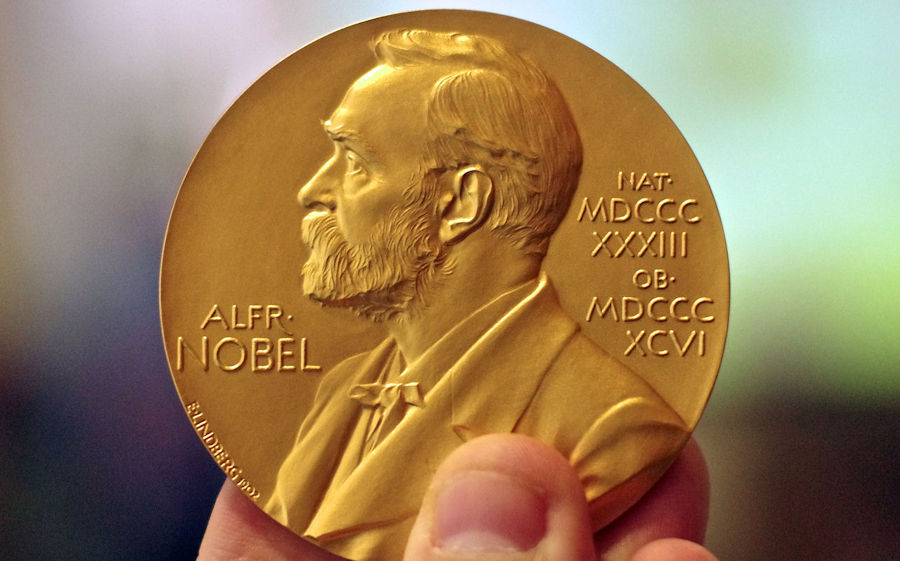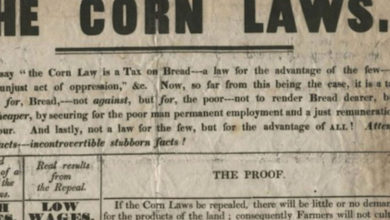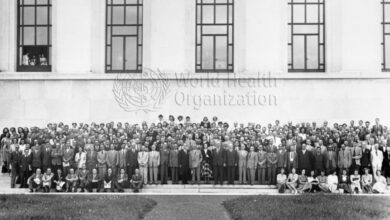
Podcast: Play in new window | Download
The Nobel Prize is a yearly award that is made available in a number of fields, including literature, peace and physics. It was devised by the Swedish inventor Alfred Nobel as a means to formally recognise the men and women who have made a significant contribution to cultural or scientific advancement.
It is believed that Nobel was inspired to create the awards after reading an obituary in a French newspaper relating to his apparent death. Nobel, who was obviously still alive at the time, was deeply upset by the obituary, which claimed that “The merchant of death is dead.” The inventor, who was credited with the creation of a number of armaments and, most famously, dynamite, was so horrified to discover that this was how the world would remember him that he altered his will to specify that his considerable fortune is used to create a number of prizes that would be awarded to those who confer the “greatest benefit to mankind.” These prizes were to be awarded annually in the fields of literature, physics, chemistry, physiology and peace.
Though there was initially some scepticism as to the validity of the will, eventually the will’s executors proved that it was genuine and created the Nobel Foundation, which would take control of Nobel’s fortune and arrange for the awarding of the various prizes.
Though the will was established in 1895, the prizes took a further six years to create, with the first of them being awarded in 1901. The first recipients were:
- Physics – Wilhelm Rontgen
- Chemistry – Jacobus Hoffa
- Physiology – Emil Adolf von Behring
- Literature – Sully Prudhomme
With the peace prize being shared between Henry Dunant and Frédéric Passy
The prize continues to be awarded annually, with the prize for peace being awarded in Oslo, Norway, whereas the rest of the fields are awarded in Stockholm, Sweden.
In just a few short years following their inception, the Nobel Prize became highly sought after and quickly came to be considered as the most prestigious prize that can be awarded in the various fields for which it is available.
Despite this, the prize has not been a complete stranger to controversy. Though the Nobel Foundation maintains the neutrality of the prizes and aims to recognise only those who have benefited humanity, regardless of race, heritage or background, the rise of Nazi Germany led to complications in awarding of the prize on a number of occasions.
Specifically, between the years of 1938 and 1939 three laureates were selected from Germany but each was forbidden from receiving the award by Hitler’s Third Reich. Though all were eventually able to claim their prize following the end of the conflict, the emergence of the Second World War signalled a difficult time for the award. A prize for peace was not given in 1939, with no prizes at all being awarded between the years of 1940 and 1942. Upon the conclusion of the conflict, each of the prizes was eventually awarded to the men and women who would have been their recipients, barring the prizes for literature and peace as they were entirely suspended during the period. The Second World War stands as the most tumultuous era for the awards, however, they survived and managed to maintain the prestige that has since become their hallmark.
Following the war, it was decided that a further category was to be added to the roll of prizes, with the Nobel Foundation eventually deciding to create a prize in the field of Economic Sciences in 1968. The first recipients of the award were Ragnar Frisch and Jan Tinbergen, and it has since become a staple of the yearly awards.
Over the years many important and recognisable people have been honoured with the award for work in their various fields. Recipients who have penetrated the mainstream consciousness include the likes of Marie Curie, current U.S. President Barack Obama and, in some cases, entire organisations such as the European Union.
To date, the prize, in its various fields, has been awarded over 550 times. However, due to the fact that there are occasions where multiple people are awarded the same prize, often for collaborative work, over 830 people have actually received it. Furthermore, the prize has also been awarded to 21 different organisations.
While the recognition from peers and the scientific or cultural community is the main draw of the prize for recipients, the Nobel Foundation also makes use of the late Alfred Nobel’s fortune to distribute cash prizes in addition to the medal and diploma that each recipient receives. At the end of 2013, the cash prize awarded for each award was eight million Swedish Krona which amounts to just over one million US dollars.
Perhaps most importantly, at least to the man who conceived the idea, the prizes have become the lasting legacy of Alfred Nobel. Today, far fewer would associate the man with the invention of dynamite and a number of other armaments as those who associate him with one of the most important awards available in today’s society.
Podcast: Play in new window | Download





